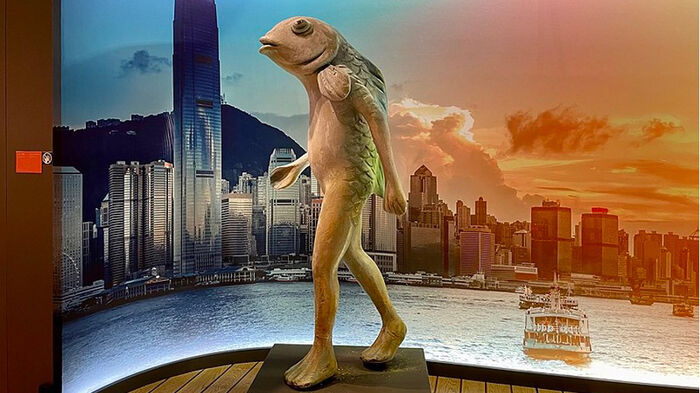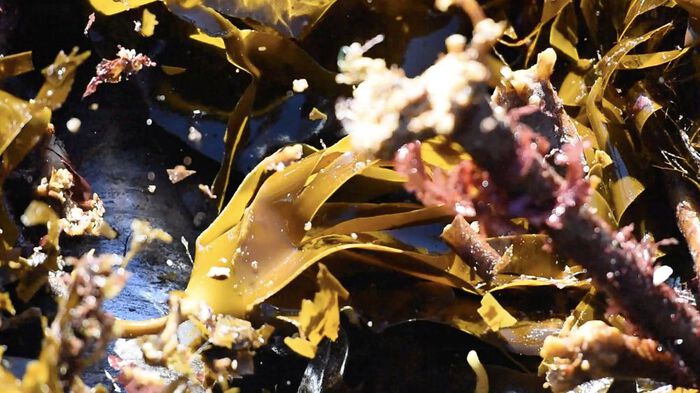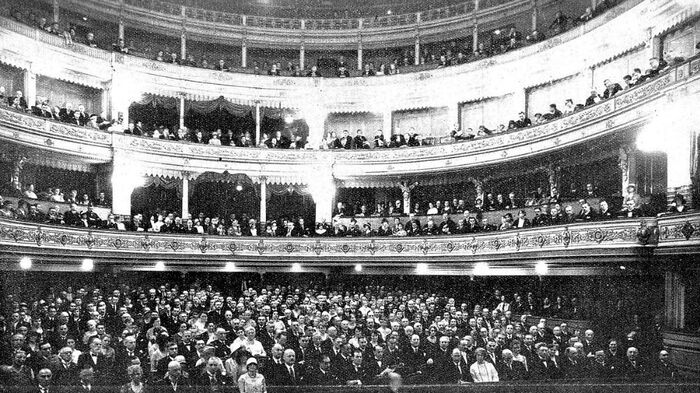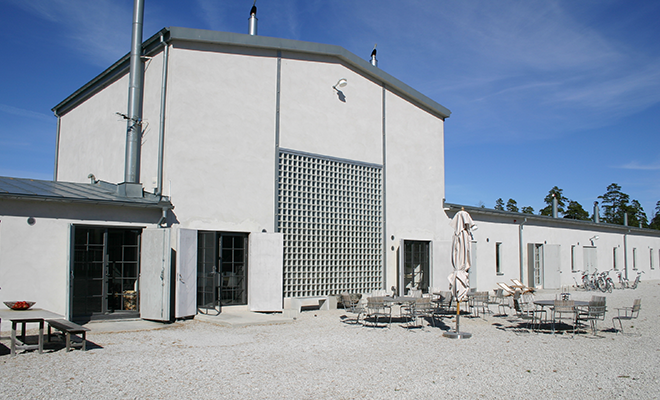Tidligere arrangementer - Side 8
How to write a high-quality PhD dissertation in history? In small groups, students present and discuss their own PhD writing with peers and faculty. The joint module focus on how to edit texts to make them more precise and clear.
Do you want to better understand the environmental and climatic crisis, work accross diciplines, experience Place-Based Learning and communicate environmental research to a broader audience?
In this talk, curator and editor Jennifer Teets presents Electric Brine, a volume of poetry and critical essays by women voices from diverse fields such as literature, geography, media studies, history of life sciences, sociology, and poetics of science and fiction.
How can personal engagement with planetary health restore human health and the well-being of more-than-human others? In this inaugural lecture of the Fellesløft project ‘Anthropogenic SOILS’, environmental historian Libby Robin, Emeritus Professor at the Australian National University, will review the emergence of the idea of the environment in the wake of the ‘dirty thirties’, a time when topsoil blew away – in both Australia and in the United States, and the hope of ‘feeding the world’ was threatened.
How to write a high-quality PhD dissertation in history? In small groups, students present and discuss their own PhD writing with peers and faculty. The joint module focus on the art of condense writing: the writing of abstracts. This is a 1 ECTS course held at the University of Bergen, in conjunction with the Norwegian History Days.
What do we mean when we say and think "after oil"? In this talk Graeme Macdonald, Professor of English and Comparative Literature at the University of Warwick (UK), will examine a range of literary and artistic examples constituting a significant expression of petroculture: the post-oil imaginary.
Dr. Mario Biagoli (UCLA Law) presents Responsibility Goes Virtual: Lessons from Covid Vaccine Patents
In this lecture, the Medical Humanities and the Environmental Humanities meet. Associate Professor Eben Kirksey from the Alfred Deakin Institute at Deakin University, Australia, will introduce us to the "virosphere".
We invite you to our Environmental Humanities Festival where we celebrate the exciting work happening in the field here at UiO, in Norway, and beyond. The day will start with a keynote lecture by Jamie Lorimer, University of Oxford, followed by presentations by the OSEH Collaboratories, a pop-up exhibition, film screenings, a "green" choir performance, and more.
A turn is underway in the probiotic approaches. Recalibrating modern antibiotic approaches and heading off their unintended consequences, the probiotic uses life to manage life, connecting the microbial with the planetary. This keynote lecture given by Jamie Lorimer gives critical insight into these interventions and their implications, and is part of OSEH's environmental humanities festival on the 10th of June.
This public workshop examines how technological change has influenced intellectual property in the creative industries.
We invite to a conversation on the role of education in creating alternative environmental futures. Tim Ingold (University of Aberdeen) will hold a public lecture at Kulturhuset on "Reason and Response-ability", followed by a panel discussion with Mette Halskov Hansen (UiO), Britt Kramvig (UiT), Felix Riede (Aarhus University) and Heather Swanson (Aarhus University). Moderated by Gro Birgit Birgit Ween (Museum of Cultural History, UiO).
What roles can museums and collections play, in the growing need to convey polyphonic narrations on climate change? In this presentation, Lotten Gustafsson Reinius discusses the multi-disciplinary dialogues and other co-curations as a tentacular weaving across differing knowledge regimes, scales and temporalities.
Véronique Pouillard (University of Oslo) in conversation with Stina Teillman-Lock (Copenhagen Business School) and Johanna Gibson (Queen Mary University of London).
The research group Climate, Environment and Energy, KLIMER, warmly welcomes Prof. Dr. Ole Georg Moseng from the University of South-Eastern Norway. He is one of the few specialists in the history of early modern epidemics.
What can we learn from geographically marginalized regions such as the Arctic in a transition to more circular building strategies? Tine Hegli talks about the design and execution of a community Greenhouse in Vardø spring 2021, how material scarcity has encouraged resource efficiency, and the Arctic as a green leader.
In this talk, Green Schools Education Consultant Wayles Wilson discusses the sustainability and operational priorities for schools in the United States to provide clean air, water, and food, and why it is challenging in the current context. She considers sustainability in urban schools in the US a critical opportunity for environmental equity across the country.
Bron Taylor, Professor of Religion at the University of Florida, will draw on a comprehensive review of extant research by others, as well as his own research exploring contemporary nature spiritualities, and conclude by speculating on the future of religion and nature, near, medium, and long-term.
In this talk anthropologist Florence Durney will present about her ongoing research on the intersection of indigenous and state marine tenure systems and marine environmental change. In particular she will discuss how climate-induced marine environmental change is complicating processes of living with, claiming, and negotiating marine boundaries for humans and non-humans alike.
Professor Kim Oosterlinck (Université libre de Bruxelles) and Dr. Anne-Sophie Radermecker (Université libre de Bruxelles) present their paper, Regulation or Reputation? Evidence from the Art Market.
In this talk, writer and diver, Ting. J. Yiu discusses her ecocritical creative practice through an aquatic lens. Centering diasporic displacement, she discusses how aquatic narratives and interspecies encounters are radical sites to subvert notions of citizenship, (re)negotiating identities, and contesting hegemonic environmental narratives.
Agential Matter is an artistic research project which examines performativity of algae, objects and bodies in instances of observation in scientific research, industrial production and artistic encounter. This talk by artist Sabine Popp is seen as an opportunity to (re)turn to a small shed at a landing station for harvested kelp as one of several places of hybrid coexistence.
Johan Larson Lindal (Linköping University) presents The Movement of a Musical Work: Ernst Krenek’s Op, 1923-1940
In this talk, sustainability and tourism researcher Per Strömberg discusses the practices of ‘adaptive reuse’ of buildings as part of a cultural economy. He considers ‘reuse value’ is a cultural capital which is used as a rhetorical device in the discourse of sustainability and circular economy, but also, something that can be converted into economic capital in urban redevelopment.
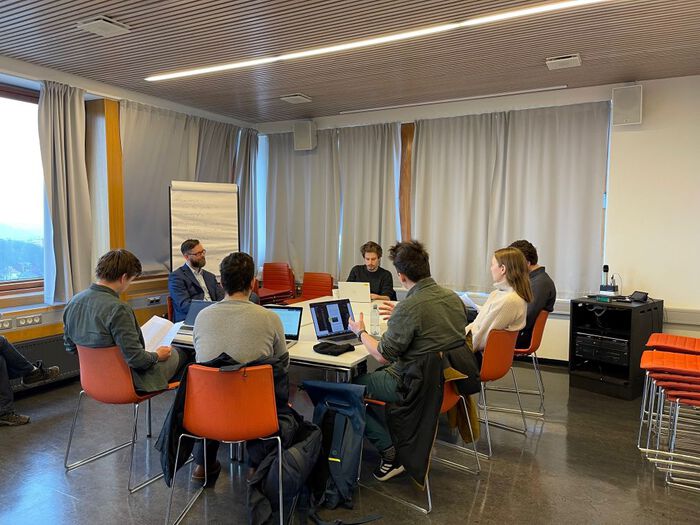
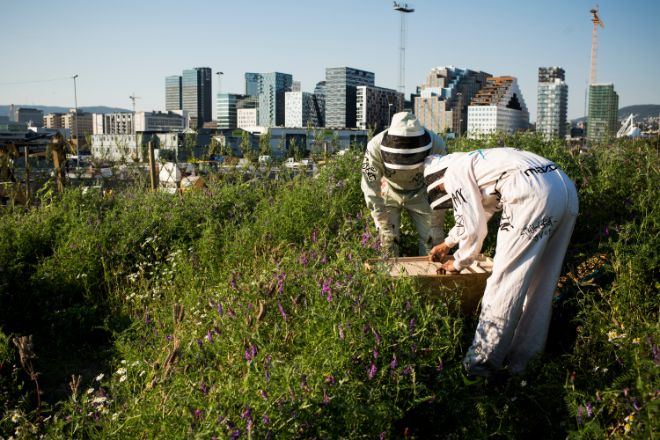
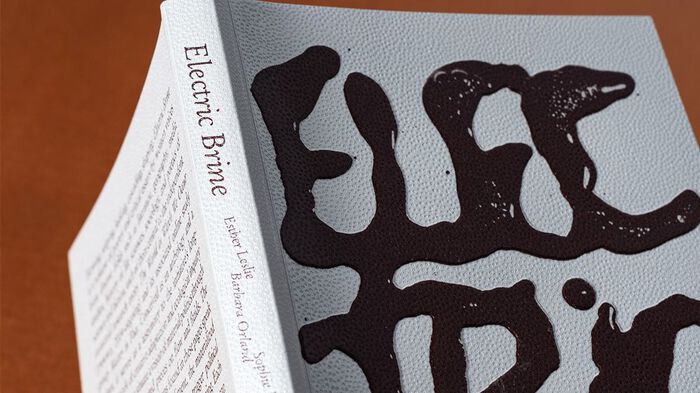
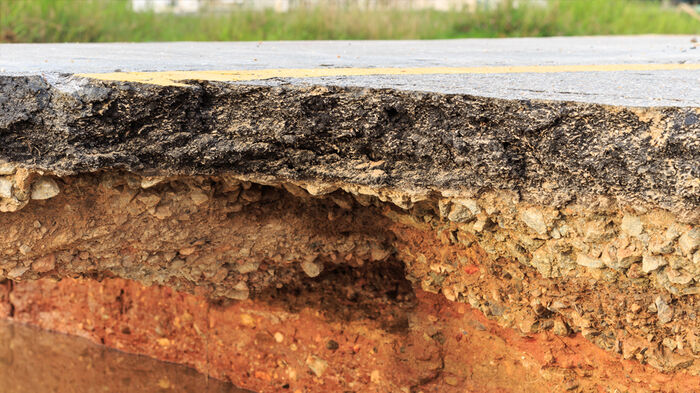
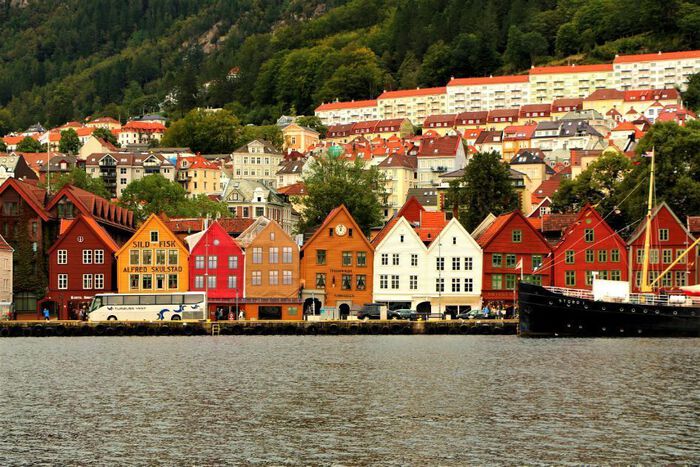
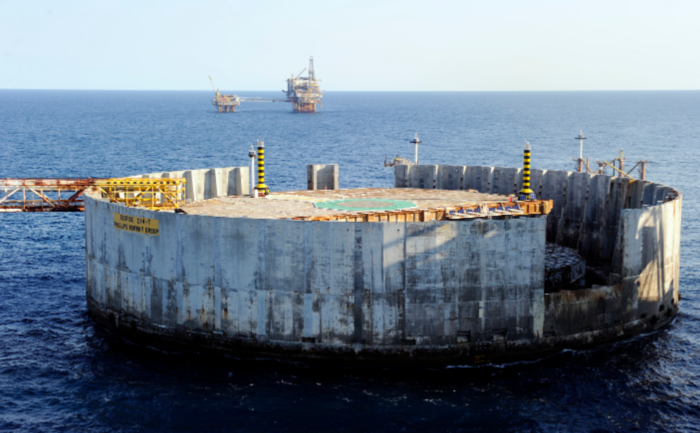
_d_edited.jpg?alt=listing)
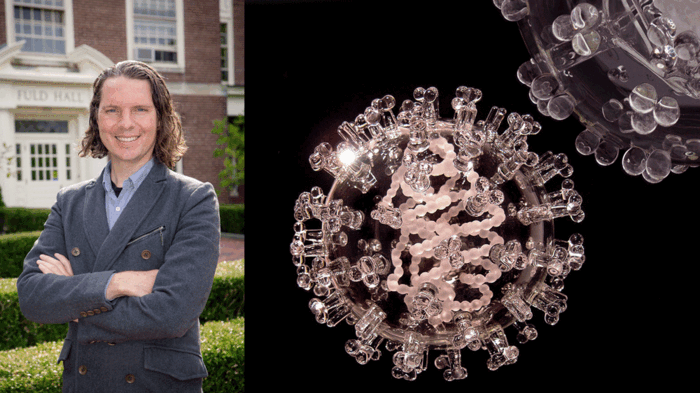
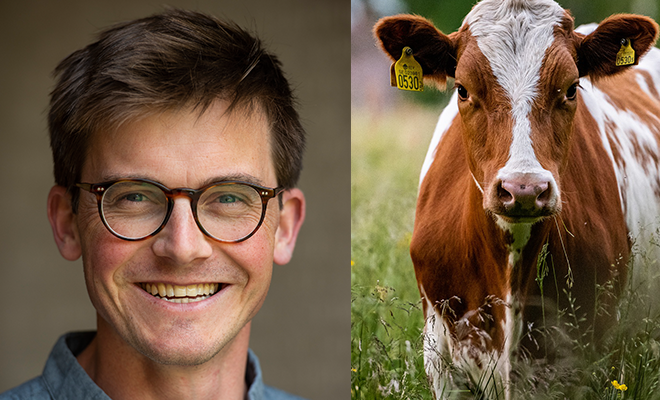
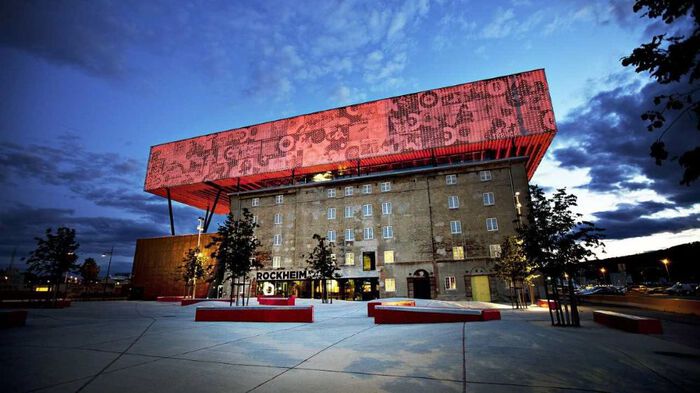
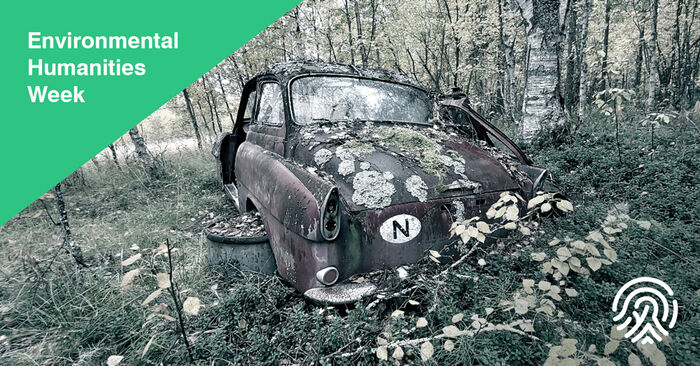
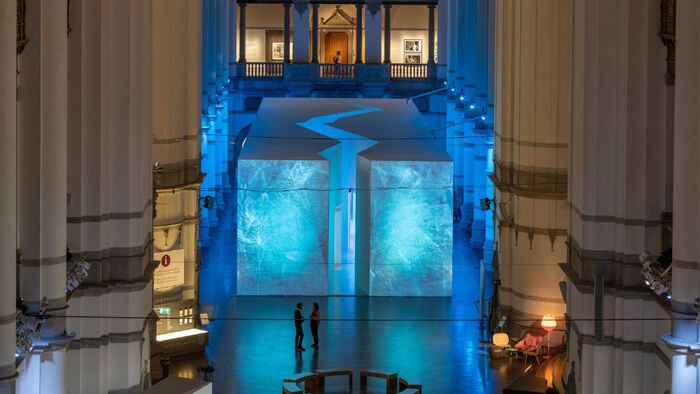
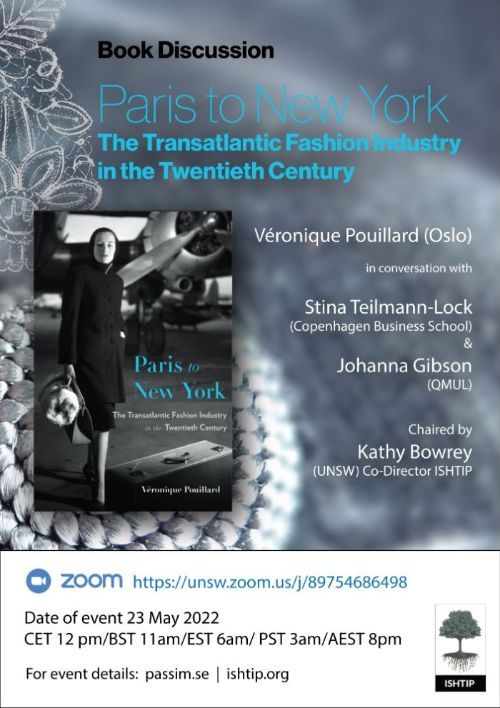

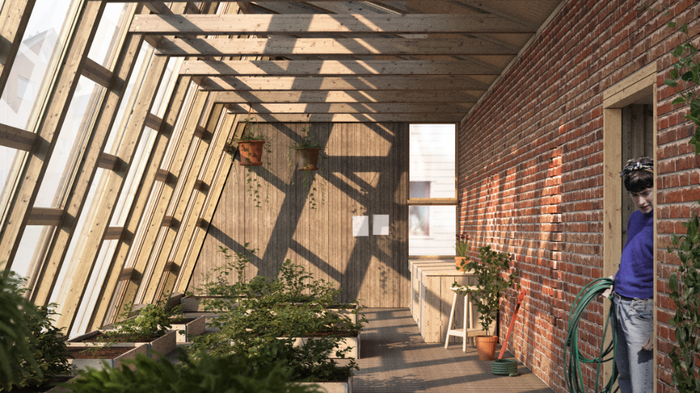
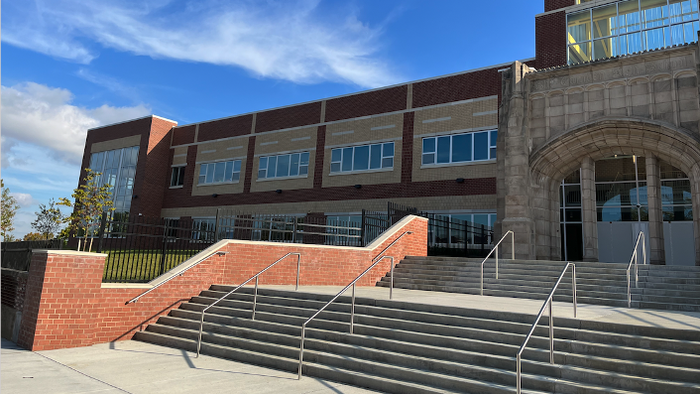
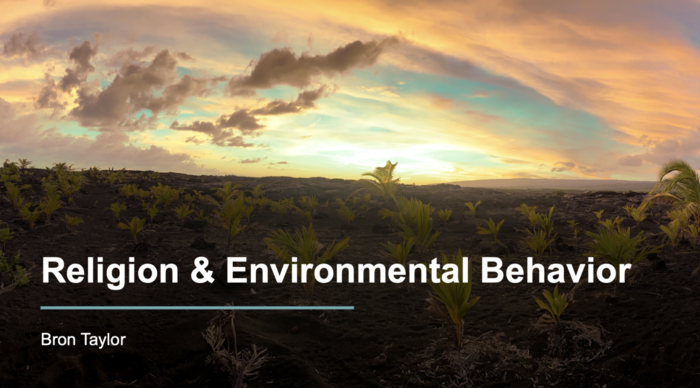
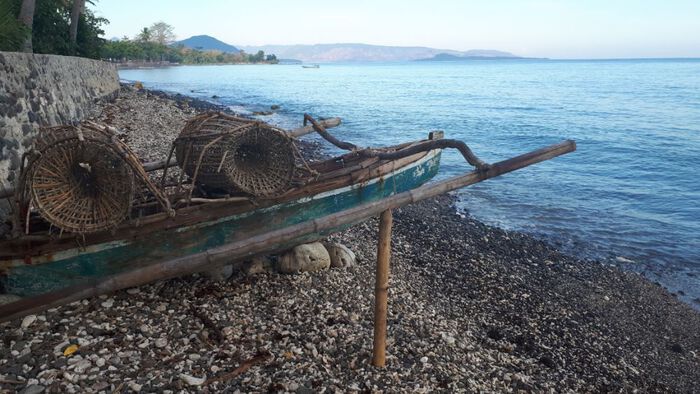
shutterstock.jpg?alt=listing)
